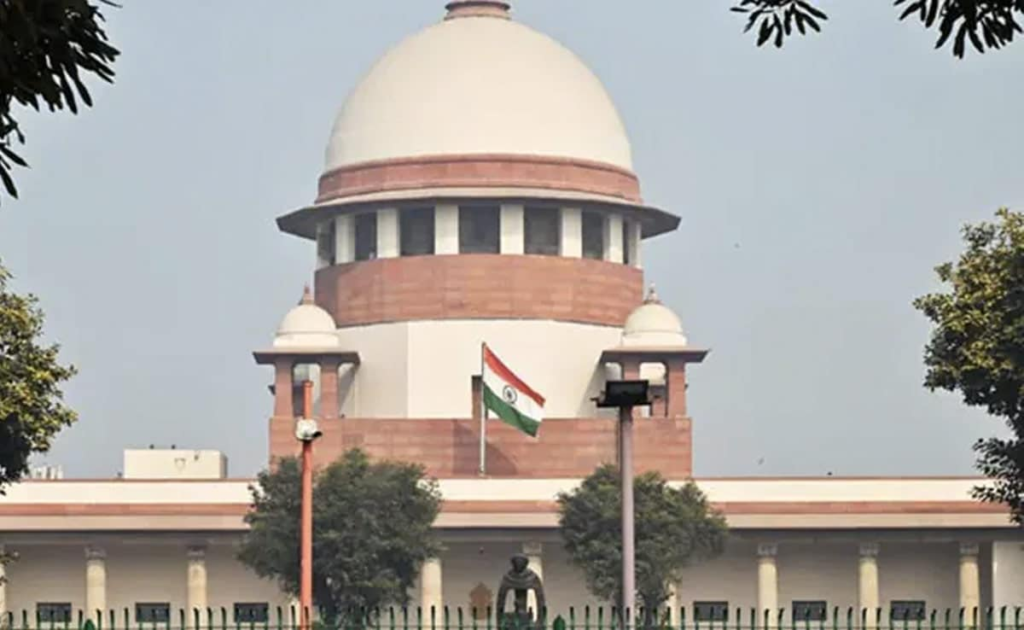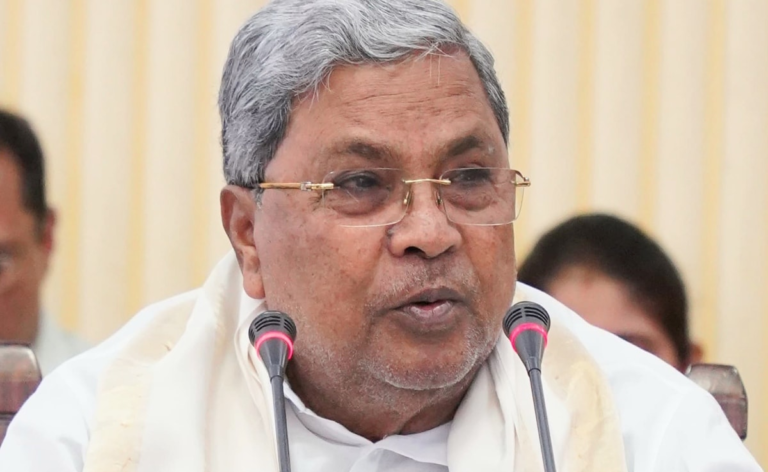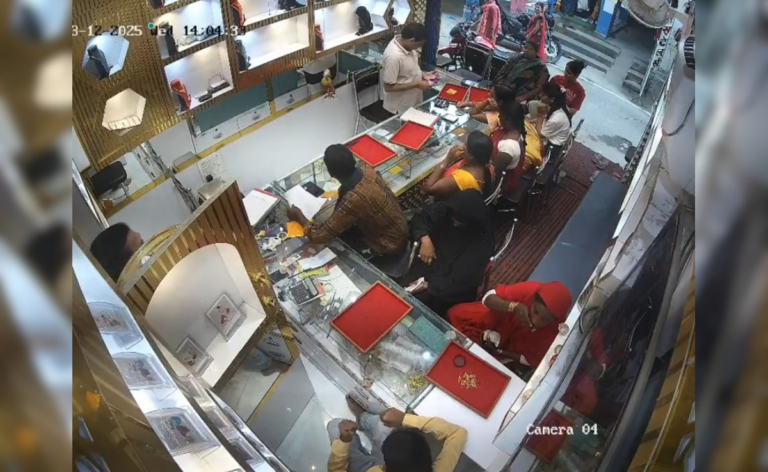

On Wednesday, the Centre had issued a notification amending the Surrogacy Rules, 2022.
New Delhi:
The Supreme Court on Friday sought to know which law gives legitimacy to children born outside a formal marriage, be it void or voidable.
A voidable marriage is one that can be rendered invalid by the husband or wife through a decree, while a void marriage is invalid at the very inception.
A bench of Justices BV Nagarathna and Augustine George Masih sought to know the existing law which gives legitimacy to children born outside marriage while hearing a batch of pleas challenging various provisions and rules of Surrogacy (regulations) Rules, 2022 and Assisted Reproductive Technology (Regulations) (ART) Act of 2021.
The bench disposed of a number of petitions in view of the Centre’s February 21 notification amending the Surrogacy Rules 2022 and allowing married couples to use an egg or sperm of a donor in case one of the partners is suffering from a medical condition.
“Which is the law that gives legitimacy to the children born outside a formal marriage, let it be void or voidable. There must be a ceremony of marriage. It may be a void marriage or it may be a voidable marriage. Outside the ceremony of marriage, it is not a formal ceremony. Please enlighten us, which is the law which gives legitimacy to the child,” Justice
Nagarathna asked Additional Solicitor General Aishwarya Bhati, appearing for the Centre, and the counsel representing the petitioners challenging various provisions of surrogacy regulations.
She said for availing the benefit of surrogacy provisions, there has to be an attempt for conception within marriage.
“We are having an open mind but we are indicating what it is. What is the basis of our indication, we are saying that. Conception within marriage is what you call a legitimate child. Even in the case of section 16 of Hindu Marriage Act, there has to be a marriage. There has to be a void marriage, then only the illegitimate children will get the legitimacy under section 16 of the Hindu Marriage Act. Is there any other law which gives them legitimacy, please tell us. Enlighten us on that,” Justice Nagarathna said.
Section 16 of the Hindu Marriage Act states that notwithstanding that marriage is null and void under the law, any child of such marriage who would have been legitimate if the marriage had been valid, shall be legitimate.
Under the Act, a marriage can be declared as void if either party is already married, if the parties are related to each other within the degrees of sapinda relationship, or if either party is below the legal age of marriage.
Ms Bhati said the Centre will assist the court on the issue but submissions with regard to legitimate or illegitimate children have not been made by them.
“This court’s judgement is there on legitimate or illegitimate children. There are no illegitimate children anymore. That whole concept is gone. But we will assist this court in taking a view on the issue,” she said.
Ms Bhati said at present there are four ways in which children can be had — one can be a natural birth, through ART, where a woman can be assisted to have a child herself, then it is adoption, where you don’t give birth to the child and the last is surrogacy.
The bench said it is not disposing of the petitions of single unmarried women seeking benefit of the surrogacy law and those that have challenged other provisions of law.
It asked Ms Bhati to file written submissions on the issue of single unmarried women.
Justice Nagarathna said medical reports of some of the petitioners as required under the surrogacy law are yet to come.
“We have to see the reports of the medical board and then proceed. Unless they come under Rule 14, we cannot allow them to proceed for surrogacy. You see Rule 14 is the basis for surrogacy,” the bench said.
Rule 14 gives details of medical conditions where a woman may opt for surrogacy like if she has no uterus or abnormal uterus or if the uterus is surgically removed due to any medical conditions such as gynaecological cancers.
The bench appreciated the Centre for taking the issue in the “right spirit” and issuing a notification amending the surrogacy rules.
In its February 21 notification, the Centre amended the surrogacy rules of 2022 allowing married couples to use an egg or sperm of a donor in case one of the partners is suffering from a medical condition.
The Centre had in March 2023 issued a notification banning donor gametes for couples intending to undergo surrogacy.
(Except for the headline, this story has not been edited by NDTV staff and is published from a syndicated feed.)




